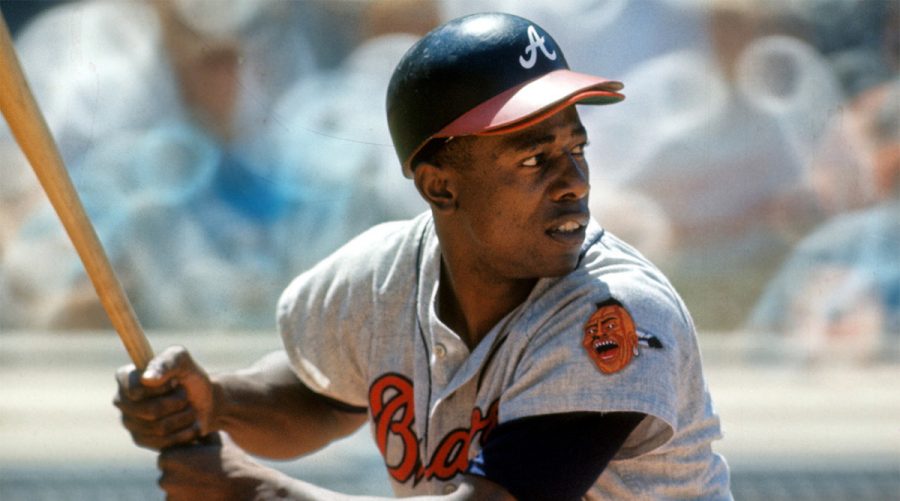Black History Month: Hank Aaron
Hank Aaron grew up amid segregation in Alabama, and unfortunately, that continued as he became one of the greatest all-around players in Major League Baseball (MLB) history.
In 1948, a year after Jackie Robinson broke the major league color barrier, Robinson was in Mobile for a spring training game. As you could expect, Aaron was in the crowd of children gathered to hear Robinson speak about the opportunities that would be opening up for African Americans soon.
Some years later, Aaron began his professional baseball career in 1952 in the “Negro League”—a league established during the period when organized baseball was segregated—and then joined the Milwaukee Braves in the major league in 1954.
As he settled in with the Braves, he began to exhibit strong batting performances which eventually led him to chase Babe Ruth’s home run record. He felt his own Braves fans begin to treat him differently as he chased the record of 714 home runs. Similarly, when he hit his 715th home run in 1974 against the Los Angeles Dodgers, he experienced hate mail and even death threats from outraged fans of the MLB as a whole. They were furious that a black man could succeed over a white baseball icon.
Now, a statue that captures the moment of impact between bat and ball on Aaron’s 715th home run stands at the Braves new field. Additionally, on the 25th anniversary of his historic home run, the MLB created the Hank Aaron Award. The award is given annually to the players with the best offensive performances in each league.
Aaron received the Presidential Medal of Freedom from President George W. Bush in 2002. He got this award because Bush thought he “embodies the true spirit of our nation.”
In 2009, the Baseball Hall of Fame opened an exhibit narrating his life. Unfortunately, Aaron died recently at the age of 86 on Jan. 21, 2021. He will always be remembered, not only for his outstanding batting performance but, more importantly, for the way he wasn’t hesitant to speak out on the issues of the day. He always involved himself in issues such as the lack of people of color in management positions, and most importantly, he never backed down in the face of hate.


